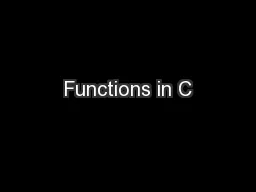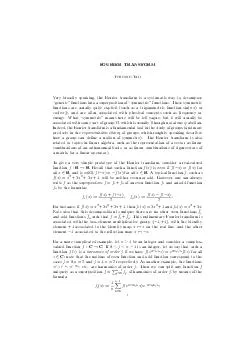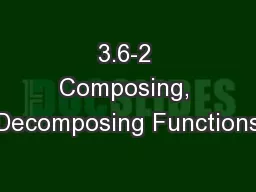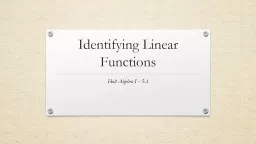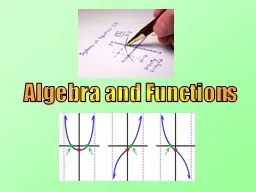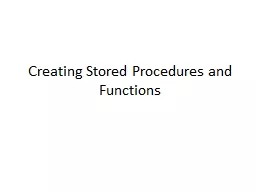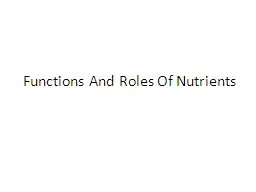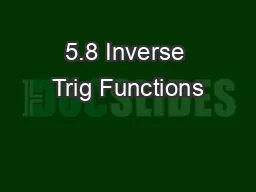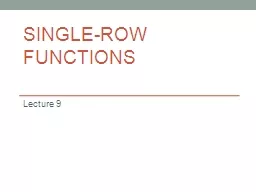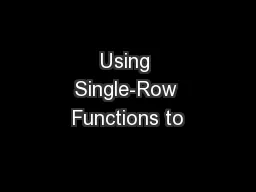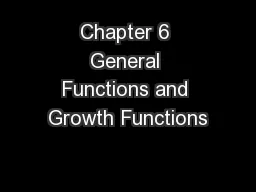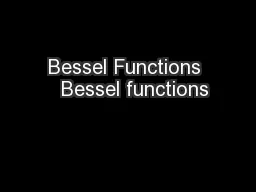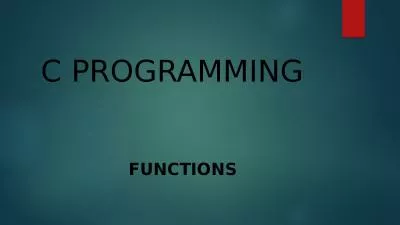PPT-Functions in C
Author : marina-yarberry | Published Date : 2017-05-09
Modularity in Car Each component in car is independently manufactured and tested Can be fitted to any car Used in Every Day Life When a marriage is organized Catering
Presentation Embed Code
Download Presentation
Download Presentation The PPT/PDF document "Functions in C" is the property of its rightful owner. Permission is granted to download and print the materials on this website for personal, non-commercial use only, and to display it on your personal computer provided you do not modify the materials and that you retain all copyright notices contained in the materials. By downloading content from our website, you accept the terms of this agreement.
Functions in C: Transcript
Download Rules Of Document
"Functions in C"The content belongs to its owner. You may download and print it for personal use, without modification, and keep all copyright notices. By downloading, you agree to these terms.
Related Documents

